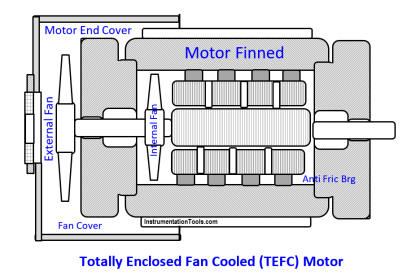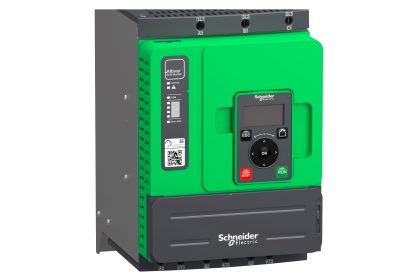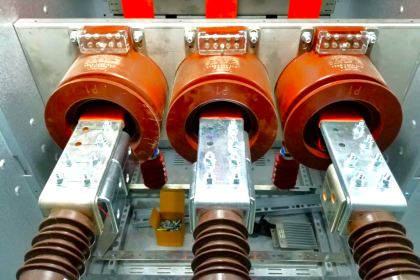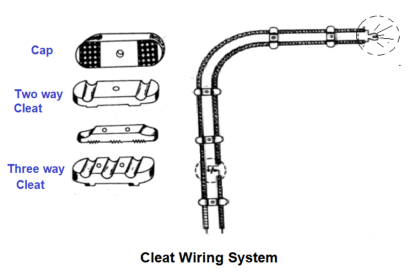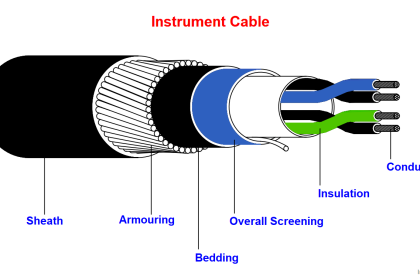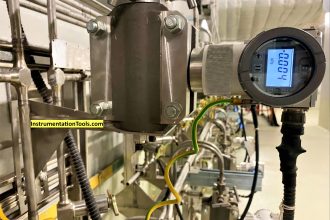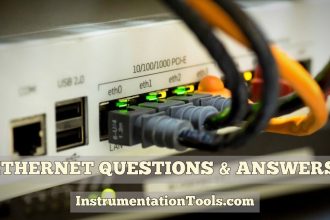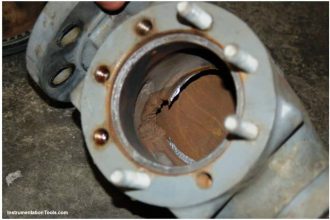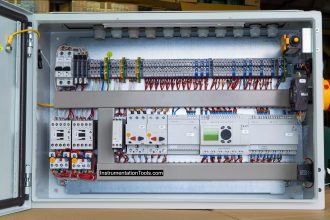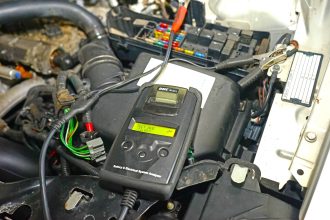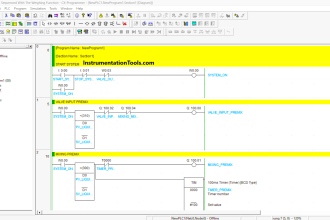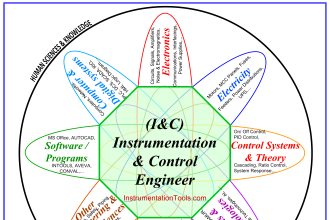What is MCC?
MCC is acronyms for motor control center. MCC contains all the switchgears like switch fuse unit, power contactor, auxiliary contactor, overload relay, ampere meter, voltmeter, energy meter and miscellaneous items to control and monitor the operation of the motor.
The conventional MCC has metering class current transformer mounted for each phase to monitor the motor current and energy drawn by the motor. The protection class current transformer is mounted and wired with thermal or electronic overload relay to isolate the supply in the event of overload or fault in the motor.
The MCC has a lot of wirings to incorporate all switchgears, meters and protection relays. The fault history is not available in conventional MCC.
Moreover, troubleshooting is more complex and preventive maintenance schedule is difficult to fix because the feeder fault and maintenance history are not available.
After advancement in the automation, the conventional MCC is now upgraded to the intelligent or smart MCC.
What is Smart or Intelligent MCC?
A Smart MCC uses intelligent devices with dedicated controller with profibus communication to monitor & control the motors or other electrical loads.
For Example: In smart MCC, all motor feeders are configured with the required configurations like maximum current, maximum voltage, trips, faults, alarms, etc. All the feeders are configured with a unique slave address (ID) and placed in one or more profibus networks. We can connect upto 126 devices in a network. The real-time motor parameters will be monitored in stand-alone SCADA system or the same data can be transferred to control room PLC or DCS systems.
We can connect and communicate different types of devices in a profibus network like feeders, soft-starters, VFD’s, or any device which supports profibus communication.
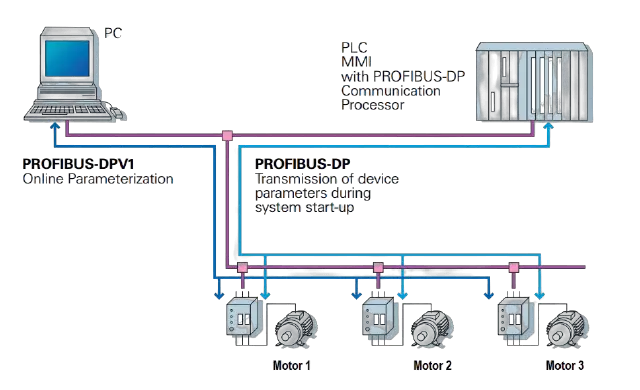
A smart device incorporates intelligent devices like current module, voltage module and it’s controller in the MCC which takes the motor operating data and communicate the same to PLC or process control system.
The motor protections like overload, overcurrent, instantaneous over current, locked rotor fault and phase failure is immediately reported to PLC connected to the MCC intelligent device. Thus, the protection is very fast and reliable.
Further, all the motor protection parameters can be programmed remotely from the PLC. The energy, current, voltage, power and running hours is recorded in the computer.
The running hours recorded data can be used for preventive maintenance of the motor.
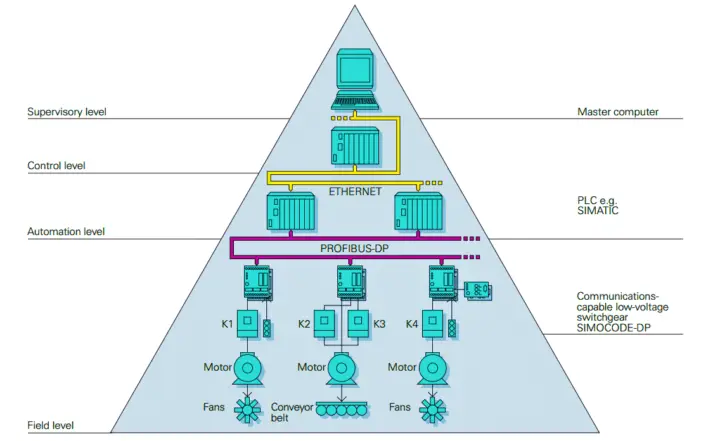
Advantages of Smart or Intelligent MCC
- All the intelligent devices of feeders are connected in loop on profibus-DP communication. Thus all the intelligent devices connected to the profibus network and transfers the data quickly to PLC. The speed of data is very fast with intelligent MCC.
- The wiring from PLC to MCC is greatly reduced. All the analog and digital signal is communicated on the same communication bus and thus, there is no need of additional I/O modules and their wiring.
- The motor monitoring and protection parameters can be programmed from PLC/SCADA through remote programming station with respective software.
- The size of the MCC reduces because of less wiring and no need of protection relay and phase failure relay.
- The motor maintenance is done after certain hours running. The data of motor running hours is available in PLC. The output report from PLC can be generated for maintenance purpose.
- Reduces motor failure rate because the motor gets tripped quickly with overload faults.
Author: Satyadeo Vyas
If you liked this article, then please subscribe to our YouTube Channel for Instrumentation, Electrical, PLC, and SCADA video tutorials.
You can also follow us on Facebook and Twitter to receive daily updates.
Read Next:
